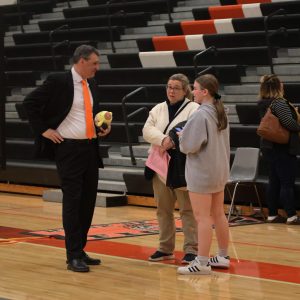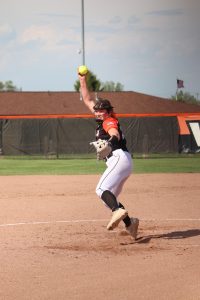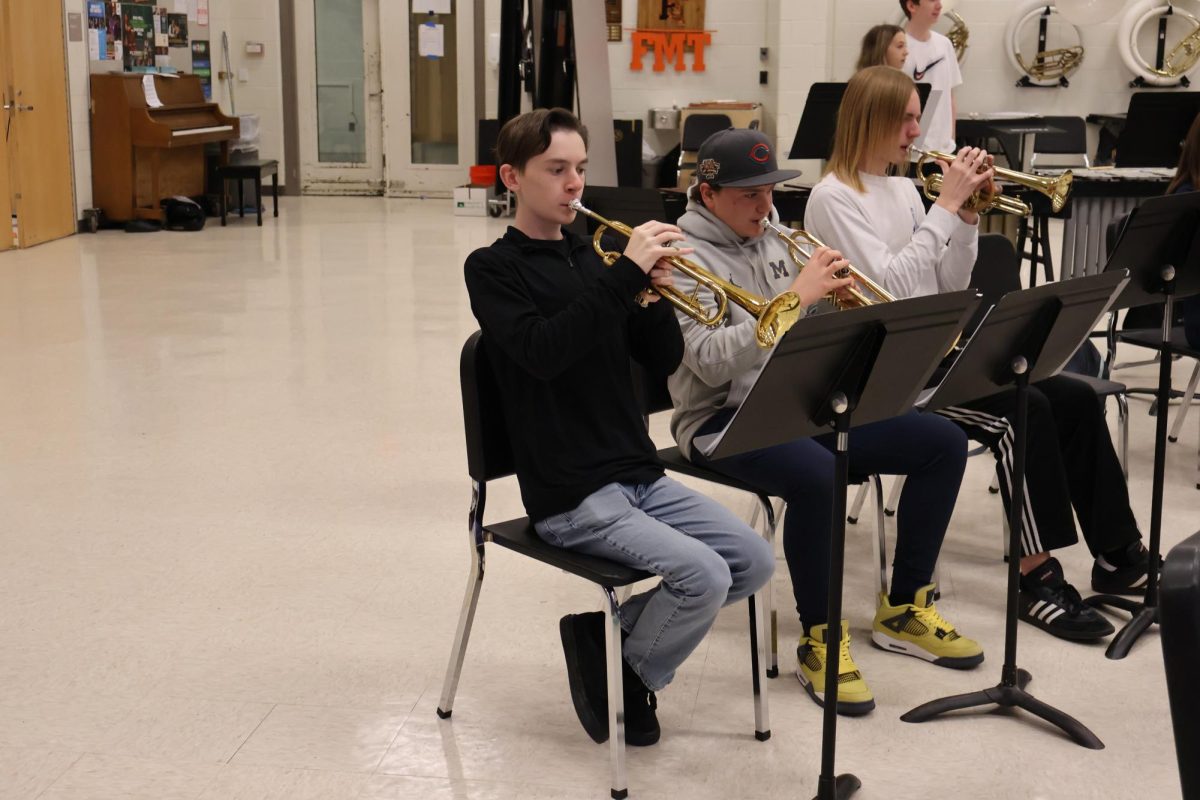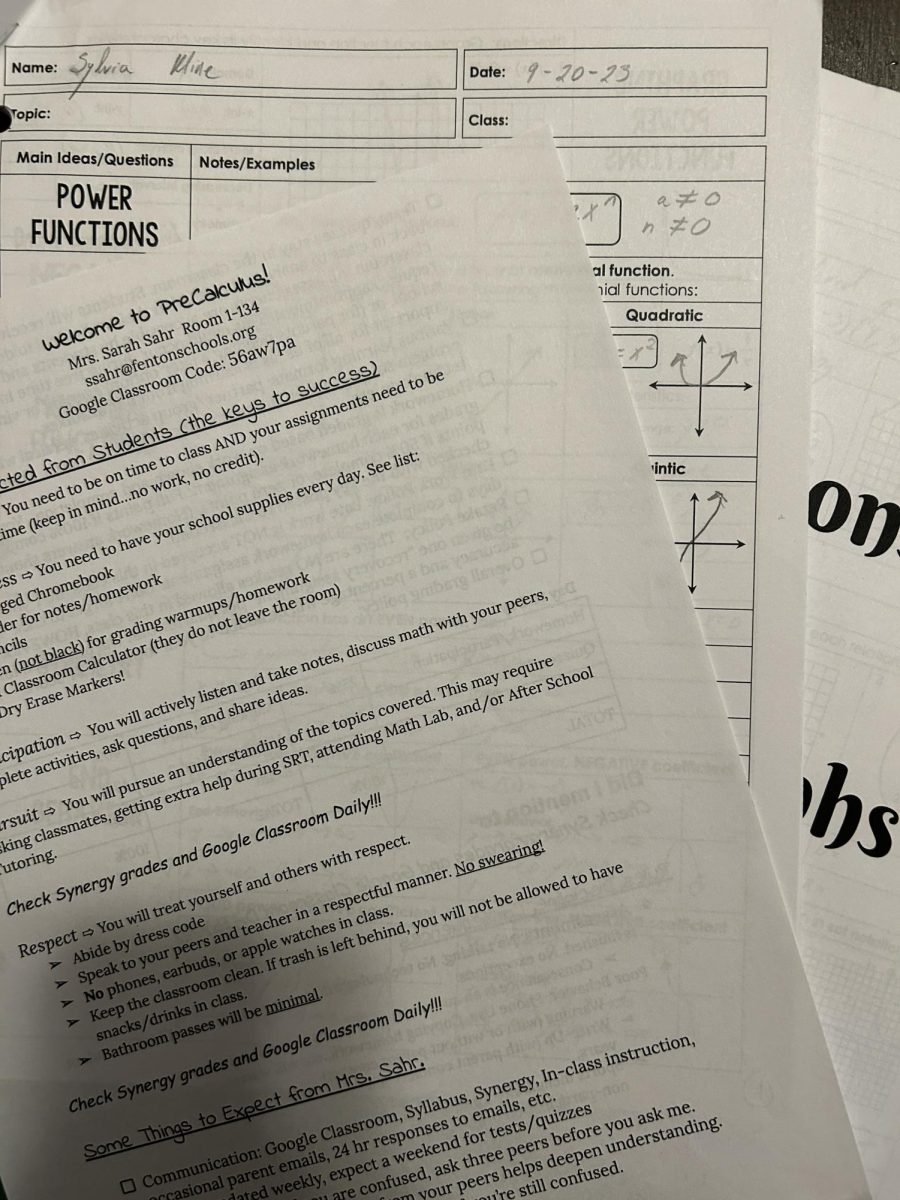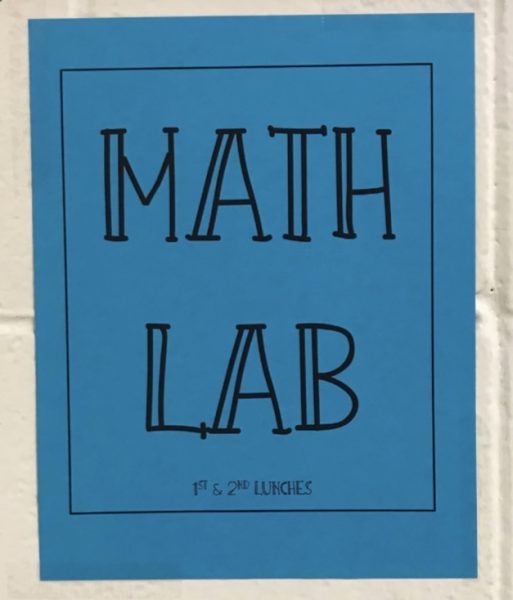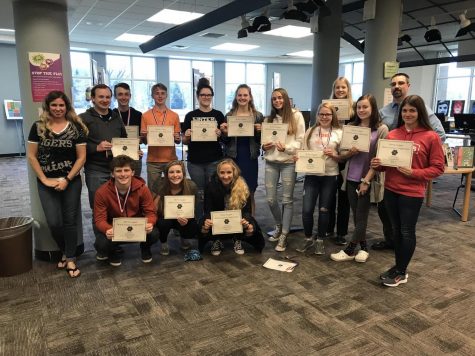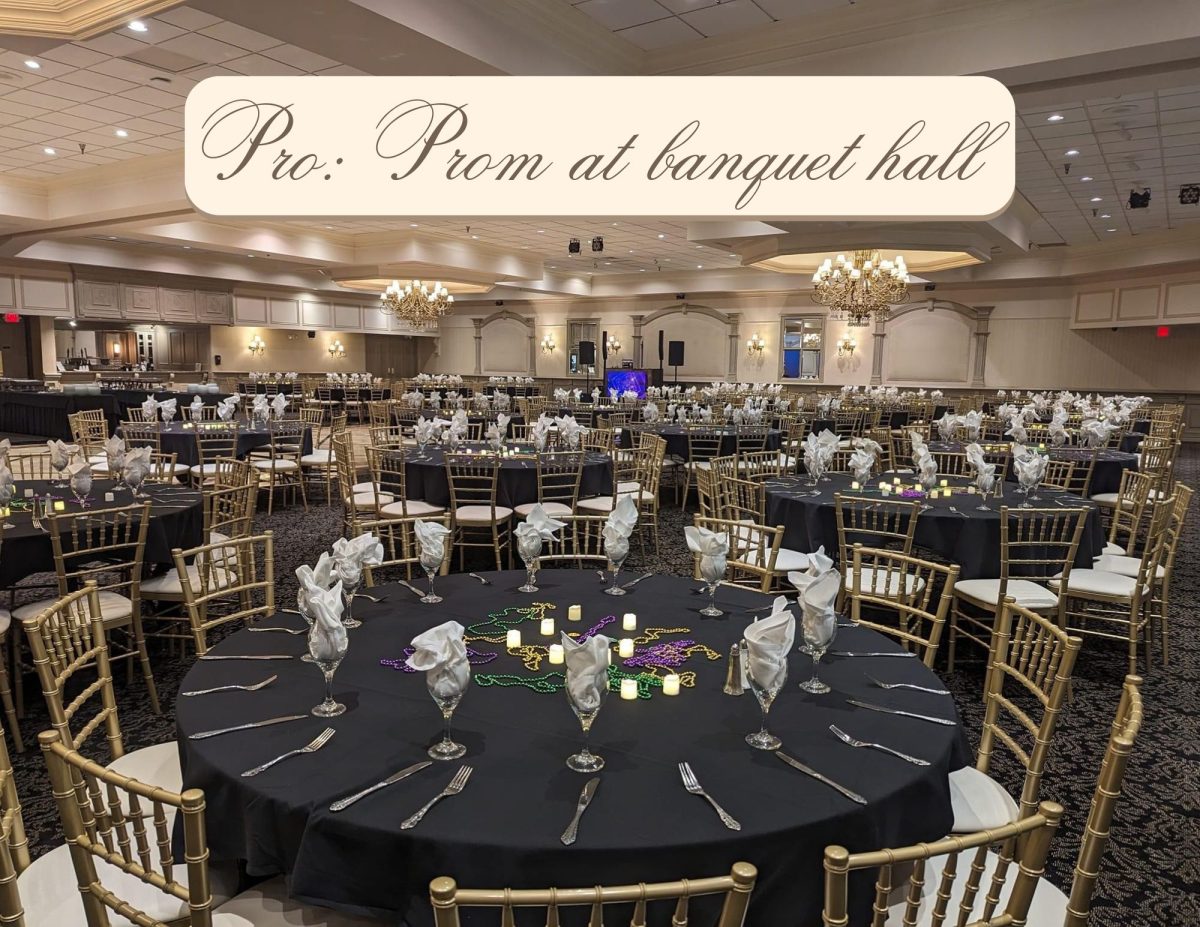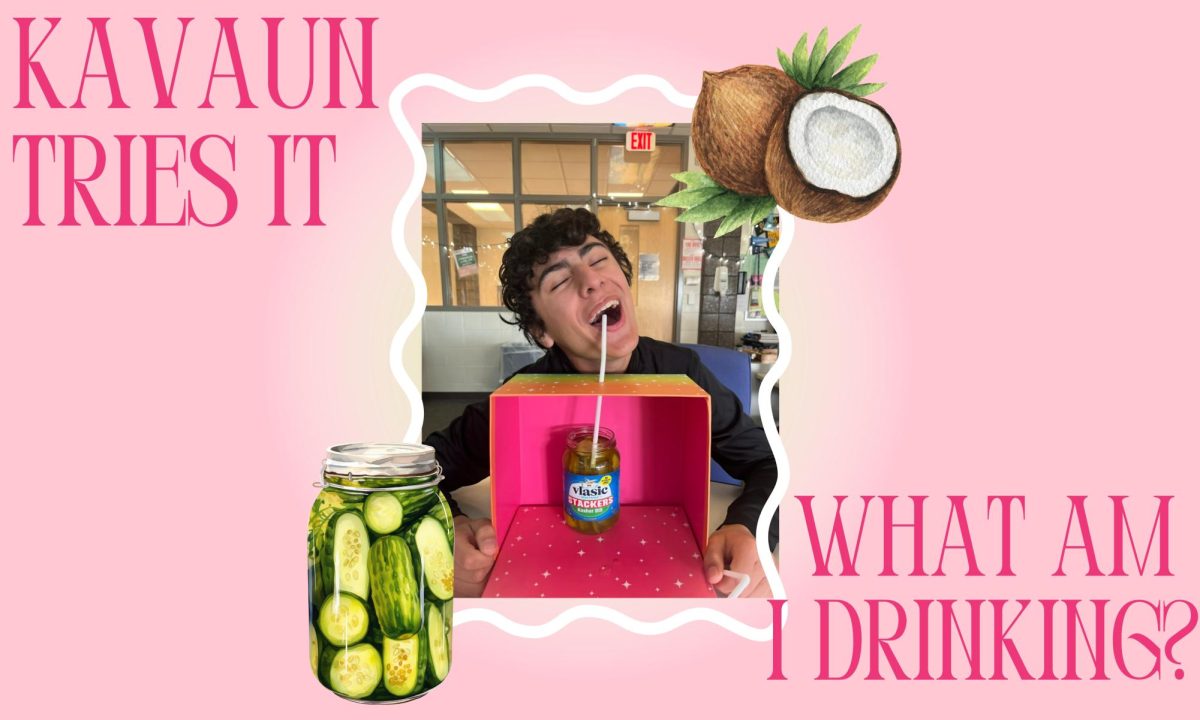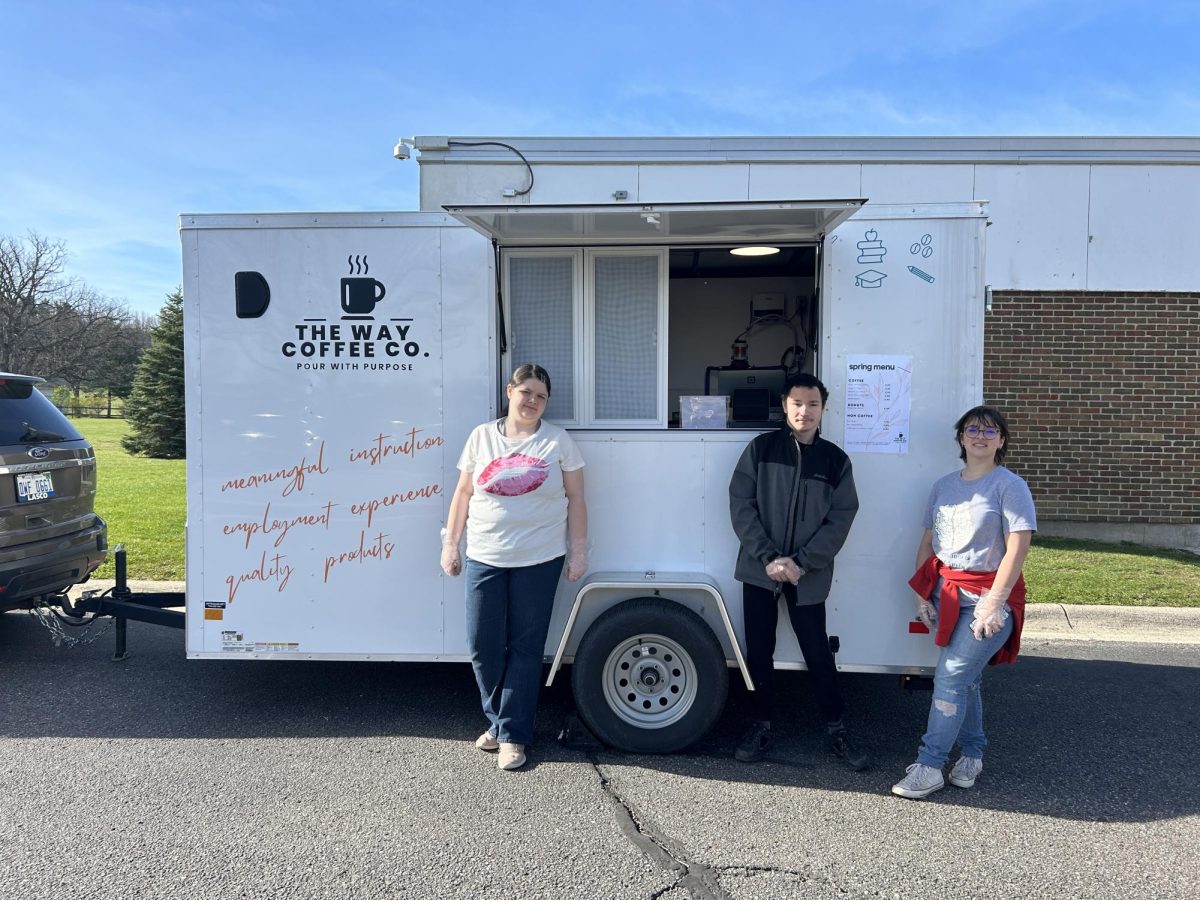High school students typically express one of the two distinct attitudes regarding math class: “I’m just not a math person” and “Oh, I love math.” The former tends to be the dominant narrative amongst high school students.
“I would love for that [attitude] to end,” math teacher Renae Muzer stated, “but it definitely is apparent.”
There are seemingly only two types of math students, beginning in elementary school and continuing all the way up to the post-secondary level. Very rarely, if ever, do individuals claim to be in the middle of this stark contrast.
According to Oxford Learning, math is highly unpopular because it requires mistakes in order for successful learning. This results in students becoming frustrated and feeling defeated in class.
“That’s called a fixed mindset,” math teacher Brittany Wojick stated, “and I think fixed mindsets are very common in math.”
If students begin their early education struggling or even simply disliking math, it is probable that this resentment will follow them for the rest of their educational journey.
“I think they let a lot of their history with math and their own experiences kind of shape that,” Wojick added.
However, there are two feasible ways that this fixed mindset can be counteracted. The first simply being confidence.
“I always say the biggest thing is confidence,” Wojick stated.
Wojick personally provides extra math help during both lunches and SRT and has seen significant improvement within her own students who attend math lab.
“I think anytime you’re getting one-on-one help that can improve your confidence,” Wojick said.
Additionally, a positive classroom environment can significantly improve a student’s attitude toward math.
“I feel like sometimes kids can overcome that if they’re in a classroom environment that they actually enjoy being there,” Muzer stated, “and then they can get beyond the fact that they might not like math.”
Muzer also sees a decline in this negative attitude towards math in her advanced classes, such as AP Calculus AB and AP Calculus BC.
“It’s an elective so they’re choosing to be there, versus geometry where they have to do it,” Muzer said.
Whether a student claims to be good at math or not, there are outlets that can be used to build confidence in an effort to achieve outstanding grades in math class.
“I see potential in everybody,” Muzer stated.
For one-on-one math assistance, math lab occurs during SRT in Room 1-127 and during both lunches in Room 6-113, and is open to all students.

